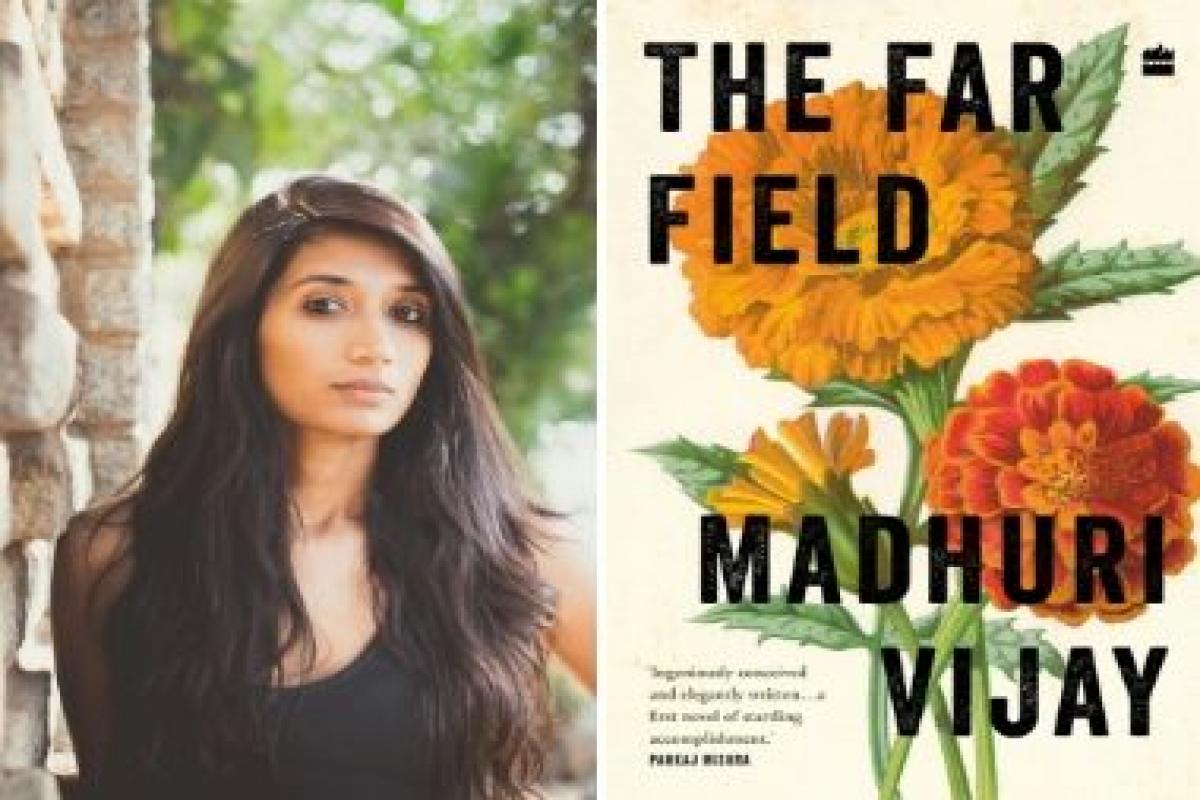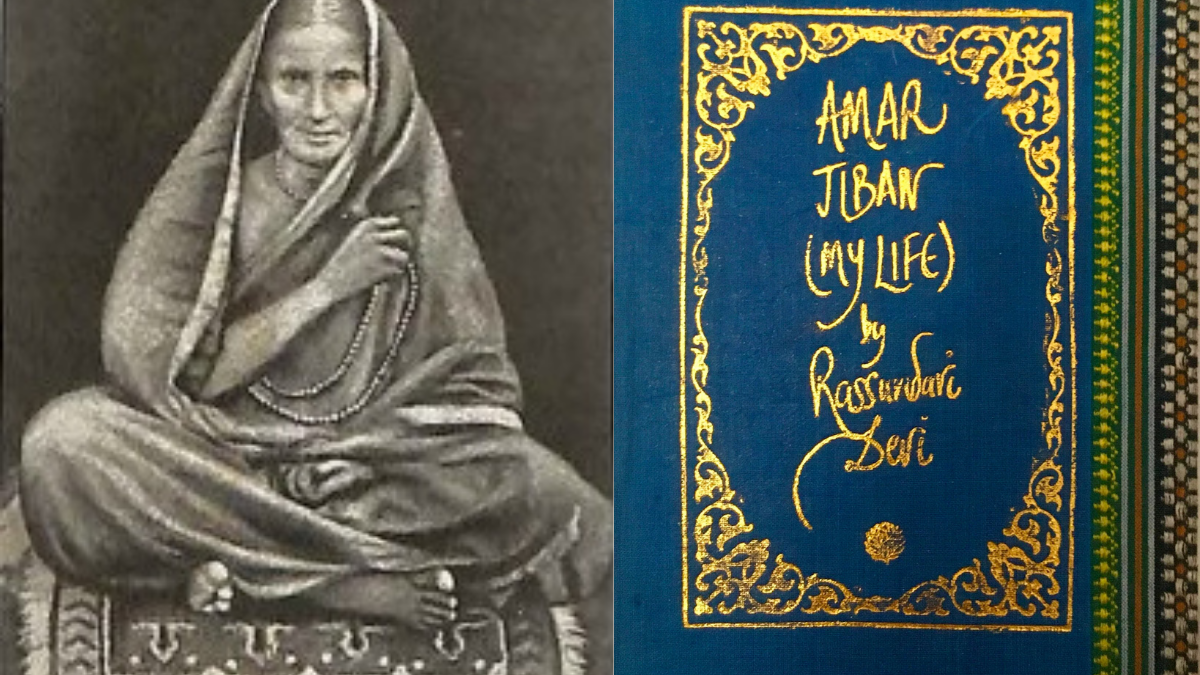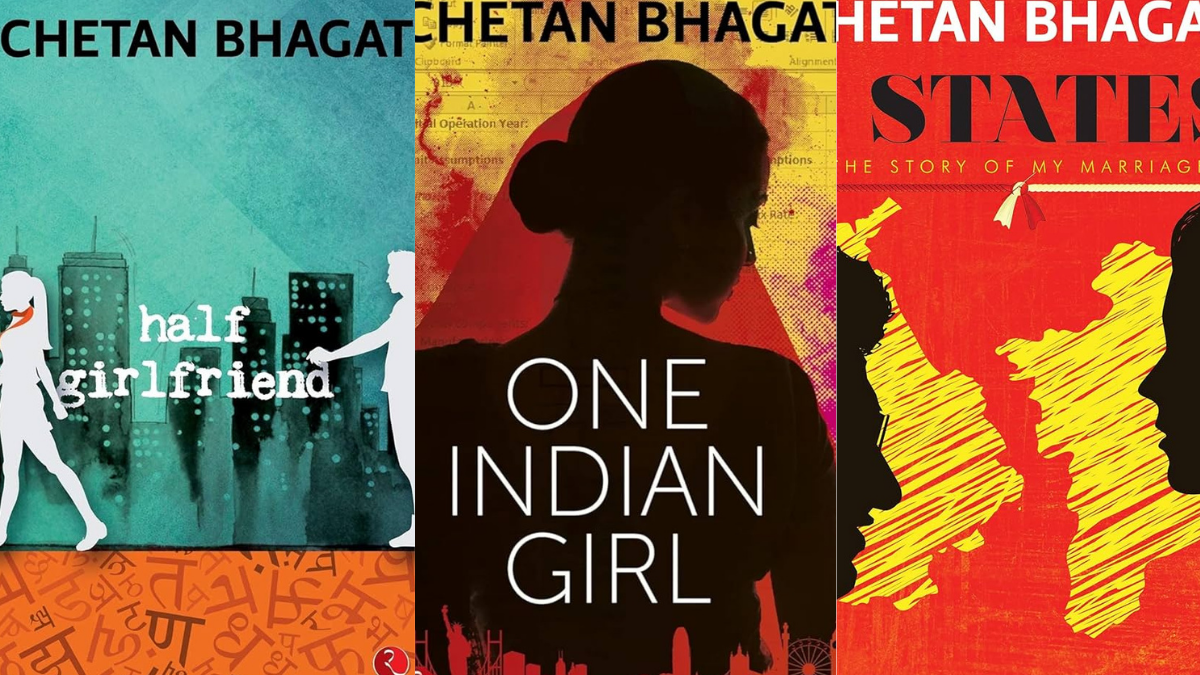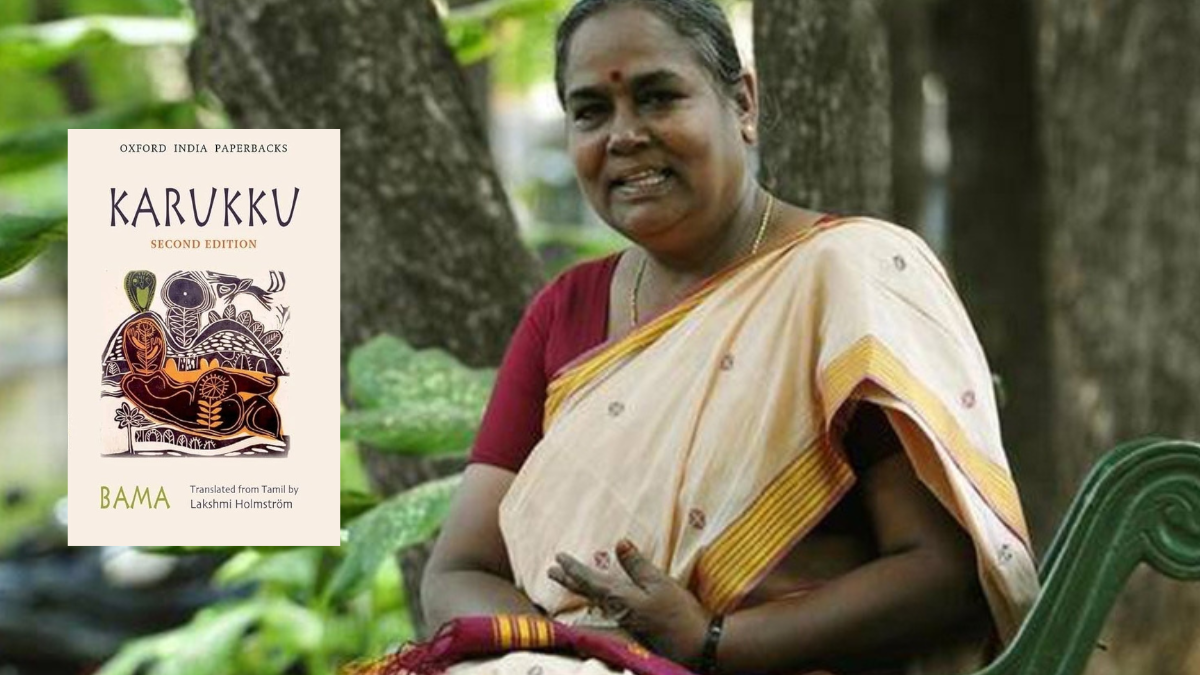The Far Field is the first novel written by author Madhuri Vijay. This ingenious debut work was conferred the prestigious JCB Prize for Literature in the year 2019. The story revolves around an urban, educated and privileged woman named Shalini. The author posits the protagonist’s childhood memories against the backdrop of political issues concerning Kashmir. Through the interlinking fates of two families separated by huge geo-political issues, The Far Field pulls the reader to discover intersectional hierarchies.
The story unfolds amidst political and social conflicts in the country. In this way, the narrative exposes the interpersonal relationships between the characters. It also deals with themes like the effects of war trauma, family turmoil and illicit love. The prose is evocative, lucid and engrossing. It engages the reader through its cleverly woven fabric of story-telling. Vijay designs her narrative structure with flashbacks, symbolism and ambiguous characterization.
The Far Field 2019
Author: Madhuri Vijay
Publisher: Fourth Estate; 15 January 2019
Genre: Fiction
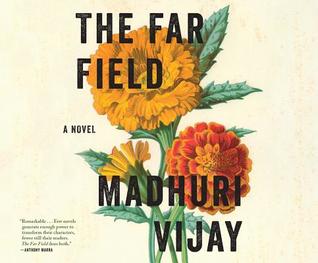
“I am thirty years old and that is nothing.”_With this sentence, Madhuri Vijay starts her novel. In the very beginning of the story, the narrator examines her own sheltered perspective.
“I am thirty years old and that is nothing.”_With this sentence, Madhuri Vijay starts her novel. In the very beginning of the story, the narrator examines her own sheltered perspective. The daughter of a successful industrialist and an eccentric mother, Shalini is the epitome of upper class, urbane and privileged lifestyle. Shalini’s memories reveal her parents’s troubled marriage. Her mother’s dissatisfaction with societal gender roles combined with her father’s sexist behavior are mentioned masterfully throughout the narration. This leads to her fractured upbringing in a dysfunctional Indian household.
Things get more complicated when her mother befriends a Kashmiri sales-man named Bashir Ahmed. After a bout of depression following her mother’s death, Shalini travels from Bangalore to a remote village in Kashmir, looking for her dead mother’s friend. The loss of her mother pulls Shalini to understand the bond between her mother and Bashir.
The female gaze is used to challenge the exoticism and otherism surrounding the sexualization of Kashmiri demographic. Shalini’s mother who is imprisoned by patriarchal domesticity finds herself in a position of power in front of a Kashmiri man. This structure of oppression is echoed in the relationship between Shalini and Riyaz. The story of Riyaz, Bashir’s son is a reflection of systematic oppression and intergenerational trauma.
Also read: Kashmir, My Home: In Conversation with Ahmed Dar
Vijay’s writing pierces into the uncertainty, horror and silence surrounding the issue of ‘disappearing’ Kashmiri men. While mainland media ignores the stories of hundreds of missing Kashmiri youth, Shalini discovers the military as a propaganda gimmick and incidous machinations. Instead of valorization, the soldiers and army personnels are shown propagating gross abuse of power over so-called ‘militants’.
Shalini’s umbilical bond with her mother is at the centre of the story. It is revealed through emotionally charged flashbacks and her frequent reminiscences of her mother. The mother-daughter relationship shapes the protagonist’s psyche. Although she tries to bury her mother’s memories, she cannot let go her influence.
Shalini’s umbilical bond with her mother is at the centre of the story. It is revealed through emotionally charged flashbacks and her frequent reminiscences of her mother. The mother-daughter relationship shapes the protagonist’s psyche. Although she tries to bury her mother’s memories, she cannot let go her influence.
The search for female friendship and mentorship is an integral part of Shalini’s journey. The characterization of Kashmiri women is very powerful in The Far Field. Bashir Ahmed’s wife and daughter-in-law are complimentary heroines who resist socio-political oppression with dignity and resilience. This is in sharp contrast to Shalini, who desperately tries to belong. Her need to please those around her combined with a naïve savior complex makes her a very unlikable heroine. But the shortcomings of her personality only make her more realistic.
The Far Field can be called a bildungsroman. The novel traces the evolution of the protagonist. Shalini grows from a temperamental child to a woman looking for some meaning in life. Her introspective voice, guides the reader into a world of military lockdown and nationalist colonization.
Also read: Book Review: Love, Loss and Longing in Kashmir by Sahba Hussain
However, a close reading reveals a reversal in the direction of the protagonist’s character arc. The plot line follows the opposite of a coming of age story. Shalini’s attempt to formulate an identity through a sense of belonging pertains to a failure. Her outsider’s view point is far removed from the struggles of the Kashmiri villagers. She comes to the same routine life of materialistic disillusionment and disenchantment. Her return to her privilege is partly brought about by her inability to fully understand the Kashmiri struggle.
In this way, Madhuri Vijay can be called a new-age fiction writer who is adopting intersectional feminism and postcolonial narrative styles. She seamlessly merges the personal and the political. Her novel posits conflicts in class, religion, gender, race and nationality through the lens of everyday lives of individuals.
Madhuri Vijay’s writing evokes cross-cultural humanitarian ethos. A teaching position in Kashmir, opened up unique artistic spaces within Vijay. Through her lived experiences in Kashmir and a deeply humanized creative imagination, she concocts a revelatory story. The Far Field divulges how modern Indian history and personal social lives have ignored what is going on in Kashmir.
The Far Field can be regarded as a remarkably brave work of post-nationalist 21st century Indian fiction.
Featured Image Source: Firstpost
About the author(s)
Sudeshna is an English Literature Postgraduate from Lady Shri Ram College, currently enrolled at the EditPub course in Jadavpur University. Working as a freelance writer, editor and digital marketer; she is a creative bohemian with a penchant for adventure and art.
